Christmas is a great time to take advantage of the wonderful advertisements and trailers that appear on our screens, big and small, at this time of year.
Why use short videos?
- Interest factor- quick heads up moment.
- Great, short visual stimulus to speaking activities.
- Scope (with or without words, with or without subtitles even with or without the image).
- Different way to exploit topic vocabulary or grammatical structures.
- Exposure to authentic language.
- Variety (advertisements, trailers, news reports, short films etc.).
What to bear in mind?
- Length of video; how many times will students need to watch it?
- Learning objectives; what activites are you going to do with it?
- Your students; interests, level, age
- Appropriateness/suitabillity of video
- Time of year, for example, Christmas!!!
Christmas advertisement + speaking game
- Pre viewing task. Ask the students to discuss the following questions in pairs: Have they asked Santa for anything this Christmas? Is there anything they would like particularly for Christmas or the Three Kings? Follow up with a group feedback.
(John Lewis Xmas Advert 2014)
- While watching task. Explain that we are going to watch a video about a young boy and his friend at Christmas. While we watch ask the students to put the following sentences in order.
- They play in the garden. (2)
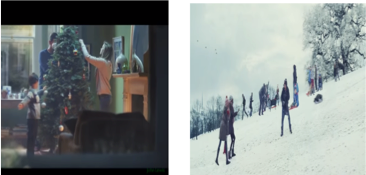
- They play lego (3)
- They watch TV (1)
- They go on a bus (8)
- They go to the park (6)
- They hide under the bed (5)
- They play football (7)
- They jump on a trampoline (4)
Instead of sentences you could also take various screenshots from the video, like the ones above and ask the students to put them in order as they watch. This is a good way for students to practise sequencers; next, then etc.
- After watching activity. This video leads could lead on to discussions on the topic of friendship. The Speaking Dice Game is a nice way to liven up a pairwork speaking activity.
Depending on the level of your students, prepare 6 questions on the topic of friendship. They can be the same but if they are different there is more variety. (In which case prepare 6 questions each for students A and B). Students roll a die and ask their partner the corresponding question on their list, which they can then cross off.
For higher levels, make it a bit more challenging by telling students that before they can cross off the question, they have to listen to what their partner says and ask a relevant follow-up question. The students take it it turns to ask questions and speak. If a student rolls the same number again, he or she misses that go. Go round monitoring as the students talk.
- What activities do you do with your friends?
- What makes a good a friend?
- How much time do you spend talking with your friends online?
- Describe one of your closest friends?
- How did you meet your best friend?
- If you have a problem, do you talk to your family or friends?
Christmas Trailers
Tell the students that we are going to watch two trailers for Christmas films based on famous stories.
- Pre -Viewing. In pairs give each student a picture of the book covers.
- Tell them to describe it to their partner, who can’t see it but who has to try and draw it.
- When each student has finished describing and drawing they should compare the pictures they have drawn with the book covers.
- Based on the book covers what do they think each story could be about?
- Each student should read the synopsis of the book he or she has described and then relate it to his/her partner.
- Have a class vote on which book the group would prefer to read and why.
Christmas Trailer 1: The Nutcracker and the Four Realms
- Pre – viewing task. “The Nutcracker and the Four Realms” is Disney’s Christmas film this year, but it is in fact a famous ballet. Have a quick class brainstorming activity with the following questions: What different types of dancing are there? What types of dancing do the students like?
(2018 Disney Enterprises Inc. Directed by Lasse Hallstrom and Joe Johnston
- While watching task. Watch the video and decide if the following statements are True or False. (Check understanding and vocabulary first)
- It is Clara’s birthday (F)
- Clara’s godfather has a patch on his left eye (T)
- The mouse is holding a piece of cheese (F)
- Clara has become a queen (F)
- Clara thinks she is spending too much time in her bedroom (F)
- The first land is the land of flowers (F)
- The third land is the land of sweets (T)
- Father Ginger started the war (F)
- The piano is red (F)
- It has been possible to see the film from November 2018 (T)
Christmas Trailer 2: A Christmas Carol
- Pre- viewing task. Ask the students the following questions:
- Are you familiar with the novel by Charles Dickens A Christmas Carol? What is a carol?
- How many Christmas carols do you know in English? Can you hum them or sing them?
- Do you know the carol “We wish you a merry Christmas and a happy New Year”?
Word Game. In teams of three, ask the students to make as many new words as they can from the above letters from the carol, for example: what, cat, hat. Give them 3 minutes. They get one point for each word, plus the longest word gets a bonus of 10 points!
(2009 Disney Enterprises Inc.and Imagemovers Digital LLC. Directed by Robert Zemeckis)
- While watching task. Watch the trailer and answer the following questions about the main character, Scrooge. (Write the questions on the board before watching)
- Who will visit him?
- What chance will he be given?
After watching both trailers.
Both films are about Christmas and giving. Play the dice game again based on the following questions:
- When do people usually give gifts in Spain?
- Do you usually give Christmas gifts on December 25th or Kings´ Day?
- What is the best gift you have ever received ?
- What is the worst gift you have ever received?
- Do you ever make gifts?
- Is there anyone you find it difficult to find a gift for?
Group discussion. Scrooge is given the chance to change his life. At New Year, people often make promises to themselves about things they are going to try and do in the new year. These promises are called New Year’s resolutions. Ask the students discuss in groups of 3:
- What resolutions do people usually make?
- Do people usually keep their resolutions?
- Did you make any resolutions last year?
- Are you going to make any New Year’s resolutions this year? If yes,what? If no, why not?
If you would like more suggestions for classroom activities, take a look at our VicenVives Club ideas or 7 tips for teaching phonics.

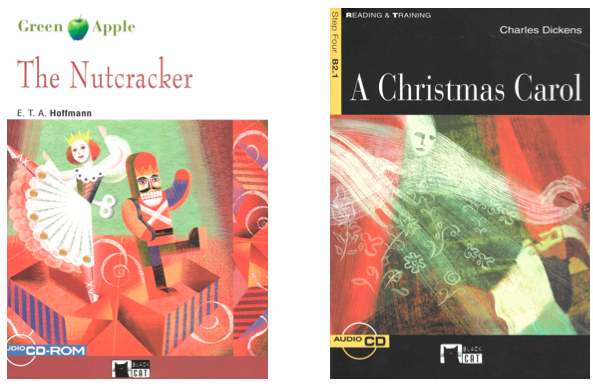



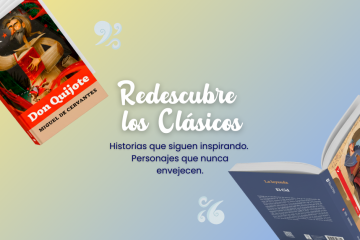
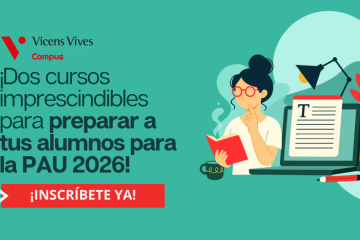

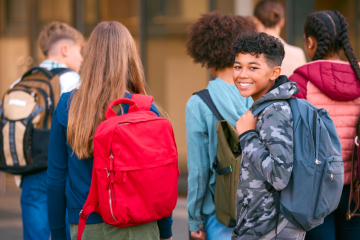
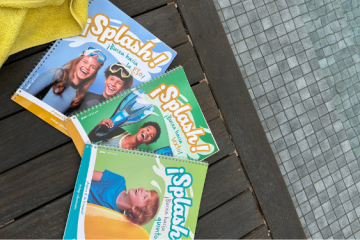
Sin Comentarios